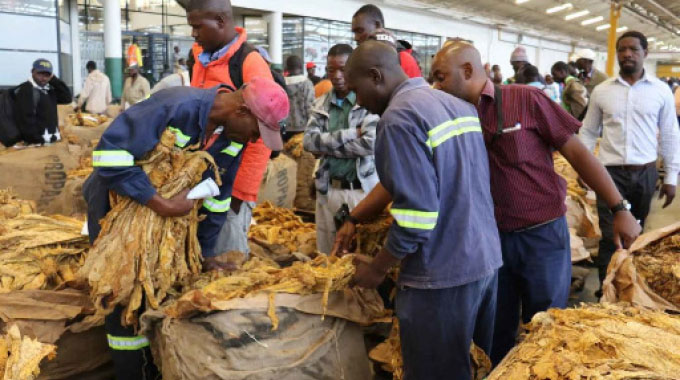‘Goat meat will be pivotal in resuscitating export market’

Elton Manguwo
THE Agriculture and Marketing Authority(AMA) is set to structure strategic domestic, regional and international market linkages for the three million households that are set to benefit from the Presidential Rural Goat Scheme recently launched in Bhande and Chisuma villages in Manicaland.
The goat scheme is set to be a pilot project in expanding the country’s goat industry to meet domestic, regional and international markets demand.
“Before the launch of the Presidential Rural Goat Scheme, AMA was tasked to source markets for goat meat and I can say we have managed to register several key off-takers in our database who are ready to take goats from the Chisuma Scheme,” AMA chief executive officer Mr Clever Isaya yesterday.
With the national goat herd growing from 3 million in the 2019/2020 to 4 million in 2021 goat production can be a viable export option for the resuscitation of the meat export business in Zimbabwe.
Mr Isaya further said that going into the future the organisation shall be targeting the international market starting off principally with the United Arab Emirates that has a ready market for goat meat. He highlighted that UAE imported 16 973 tonnes of goat meat and that Zimbabwe can be a major player in that value chain.
The goat industry in the country is set to go on a remodelling project to operate on an organised commercial scale that is up to supply the lucrative Muslim community. To supply this market farmers, need to be equipped with the necessary documentation such as Halaal certification as well as sanitary certifications.
The Muslim community demands two million goats annually as they consume them during their major festivities. Therefore, the Muslim market demand presents a key market avenue that the farmers can exploit.
Minister of Lands, Agriculture, Fisheries, Water and Rural Development Dr Anxious Masuka said: “Small stock farming is an integral part of building resilience and business for rural communities in Zimbabwe and goats are an important adaptation intervention.”
In addition, goats are naturally easier and cheaper options for livestock production as they can thrive even in difficult conditions where there is less water. Experts propound that goats withstand drought conditions better than cattle and they can thrive on shrubs and need less manpower to tend to them.
Therefore, an increase in demand for livestock products including goat meat offers small-scale farmers in semi-arid Zimbabwe opportunities for increased market participation. According to Trade map the global market demand for goat meat increased from US$6, 9 billion in 2017 to US$8, 6 billion.
The Government in its ambitions of empowering the rural population through a business approach to farming has invested $87 million in the launch of the goat scheme that is aimed at capacitating the rural population with a goat herd that can compete to serve the export market.







Comments